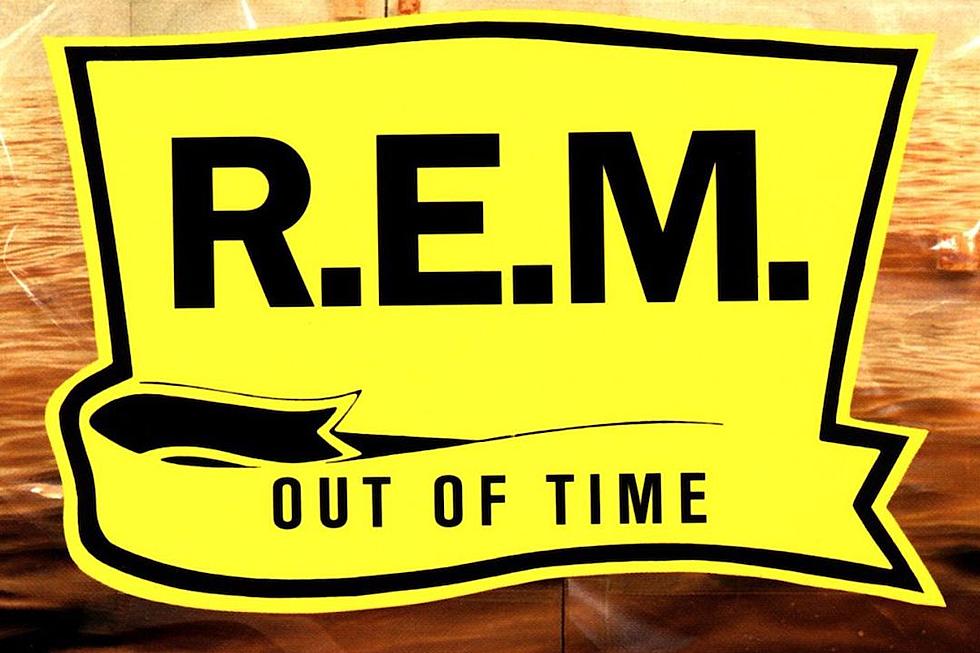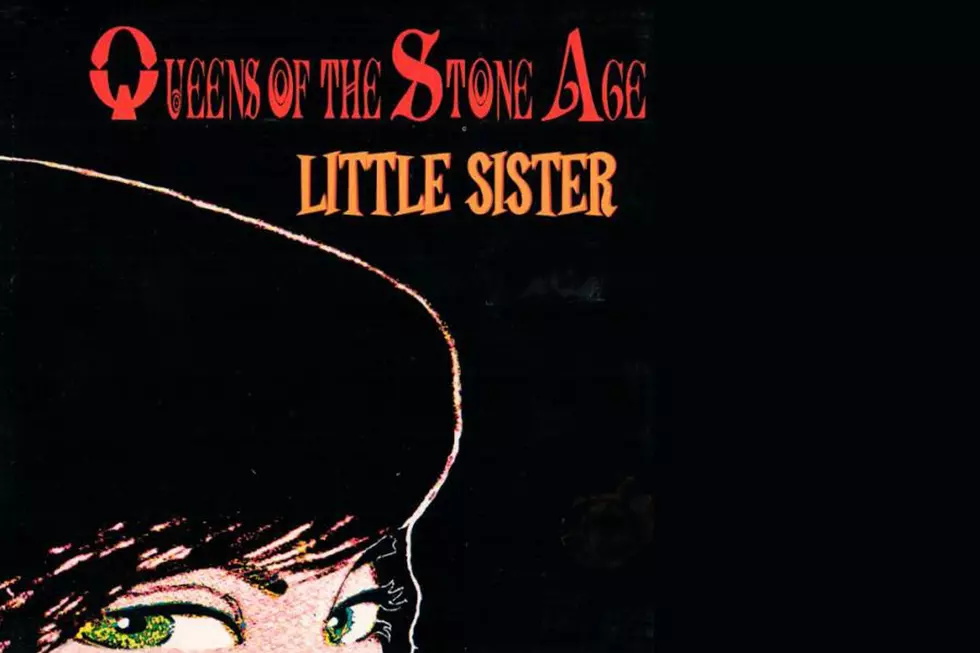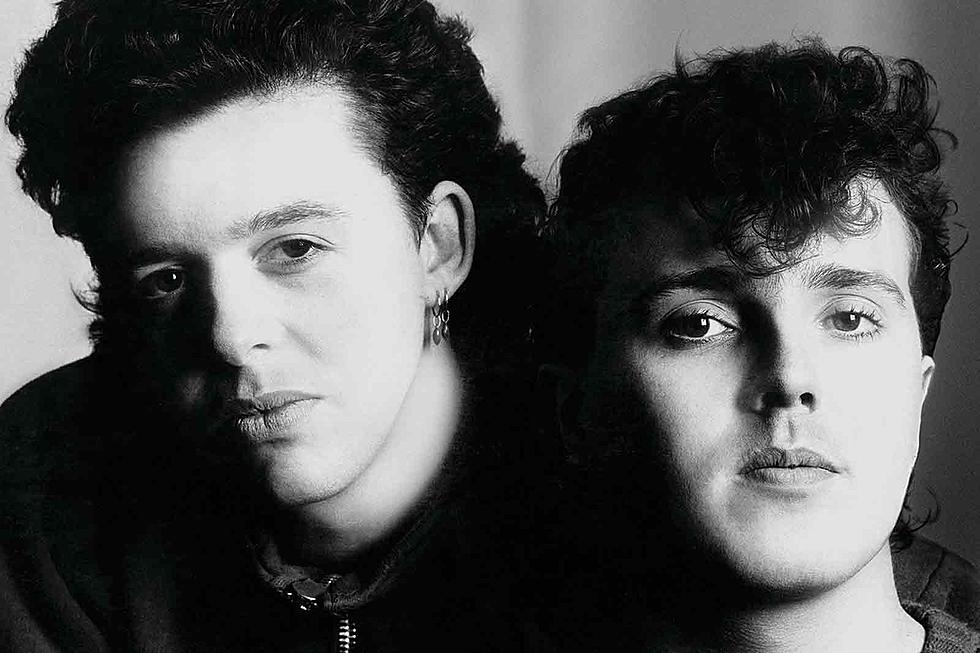35 Years Ago: ‘Night Shift’ Soundtrack Attracts Strange Mix of Musicians
In 1982, Ron Howard was best-known for either being Opie from The Andy Griffith Show or Richie Cunningham from Happy Days. But during his acting years, the sitcom star had long harbored dreams of becoming a movie director - first working first on student films, then with Roger Corman, followed by a jump to the big time.
Night Shift, a dark comedy about a prostitution ring run out of a morgue, starred Ron’s former co-worker Henry Winkler, newcomer Michael Keaton and soon-to-be Cheers star Shelley Long. It was the second feature film to place Howard in the director’s chair, but his first project to be taken seriously. Nowhere is that more apparent than in the musical talent featured on the 1982 movie’s soundtrack.
Songwriting legend Burt Bacharach, fresh off Academy Award-winning work on 1981’s Arthur, agreed to write the score for Night Shift, as well as contribute a batch of new songs to the film. Co-writing with David Foster, as well as then-wife and creative partner Carole Bayer Sager, Bacharach’s tunes were recorded by some of the era’s hitmakers. Quarterflash (most famous for “Harden My Heart”) took on the movie’s title song, Al Jarreau sang the contempo-jazz “Girls Know How” and the Pointer Sisters delivered “The Love Too Good to Last.”
The soundtrack was filled out by non-Bacharach material that strayed wildly from the R&B/adult contemporary aesthetic. New wave acts such as Heaven 17 and Talk Talk made appearances, as did jangle-pop singer-songwriter Marshall Crenshaw with “Someday, Someway.” And while the film featured Van Halen’s version of the Kinks' “You Really Got Me” and live recording of “Jumpin’ Jack Flash” by the Rolling Stones, those album slots (likely too expensive to license) went to snippets of Bacharach’s score.
But the most notable aspect of the Night Shift soundtrack was what happened long after the movie and album were released in July 1982. As a soundtrack to a minor hit, the album failed to produce any Arthur-sized hits (Quarterflash’s saxophone-spiked “Night Shift” stalled at No. 60 on Billboard), although it did boast a song written by Bacharach and Bayer Sager for Rod Stewart to record. It was the movie’s love theme, titled “That’s What Friends Are For.”
“Burt and I were not very happy with the record,” Bayer Sager said in The Billboard Book of Number One Hits. “The record company didn’t want to consider it as a single for Rod because they thought it was too soft. The song quietly slipped into oblivion.”
The story goes that, years after Night Shift’s run on the big screen, Dionne Warwick had fallen asleep to the sound of the television while Howard’s comedy was airing. She woke up to the movie’s end credits, as Rod’s take on “That’s What Friends Are For” was playing. Recognizing the song as the work of her old collaborator Bacharach, she contacted her estranged friend to tell him of her interest in recording a new version of the tune.
With assistance from Bacharach and Bayer Sager, who slightly re-arranged the song and removed a verse, Warwick recorded “That’s What Friends are For” with Stevie Wonder, Gladys Knight and Elton John as a single to raise money for AIDS research and prevention. In 1985, the song went to the top of the charts, raising millions of dollars for charity.
Meanwhile, Night Shift became a cult classic, earning new fans (like Dionne) via TV broadcasts and home video. Director Howard soon became a big deal, making Splash in 1984 and going on to win an Oscar, Long became a television star in the ’80s and Keaton became Batman. The soundtrack can’t claim quite the same success. It was never even issued on CD.
50 Rock Facts You May Not Know
More From Diffuser.fm









